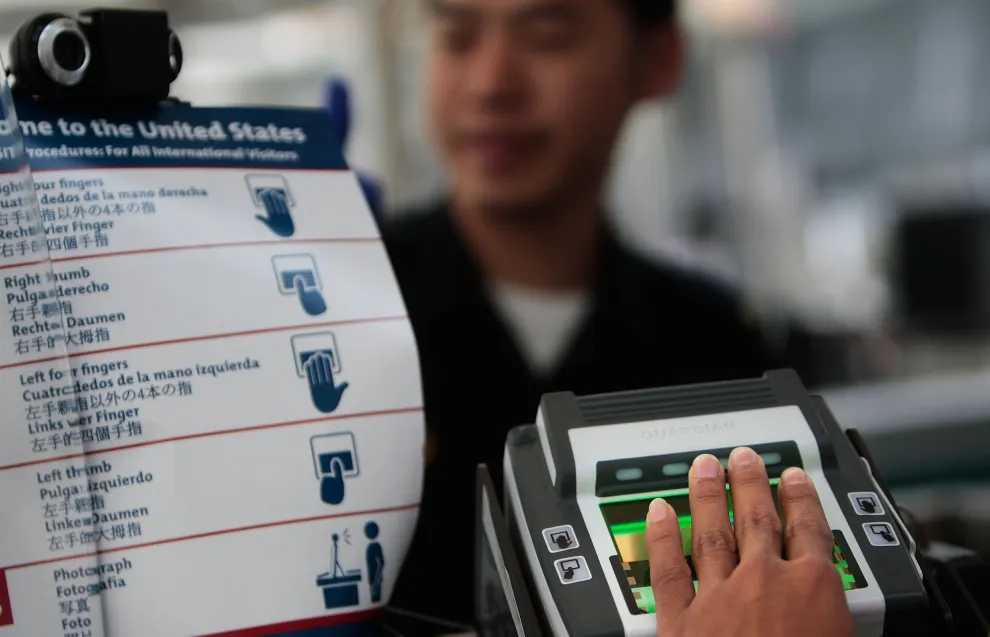Sam Curry, a renowned security researcher based in the U.S., has raised concerns over a chilling effect on security research after he was detained and questioned by federal agents at Dulles International Airport in Washington DC. Curry, who works for blockchain technology company Yuga Labs, shared his experience on X, formerly known as Twitter, detailing how he was taken into secondary inspection upon his return from Japan on September 15.
Curry was questioned by agents from the Internal Revenue Service’s Criminal Investigation (IRS-CI) unit and the Department of Homeland Security regarding a “high-profile phishing campaign.” His phone was searched, and he was served with a grand jury subpoena to testify in New York. The grand jury was investigating instances of wire fraud and money laundering.
However, the investigation took a turn when prosecutors discovered that Curry was not involved in the theft of crypto but was, in fact, investigating it. Curry had discovered that scammers had exposed their Ethereum private key, which had been used to steal millions in crypto. He had attempted to access the scammers’ wallet to investigate further but found that the stolen assets were already gone.
Curry criticized the federal agents’ approach, stating that a brief review of his background and work would have clarified his intentions. He expressed his discomfort at having his phone searched and emphasized the need for awareness among individuals engaged in similar work.
The incident highlights the precarious position of security researchers who, while working to uncover and mitigate threats, may find themselves under scrutiny by law enforcement. The relationship between U.S. authorities and the security community has seen improvements, but incidents like this could potentially erode the trust that has been built.
Security researchers often engage in “white hatting,” where they intervene in thefts and hacking campaigns targeting cryptocurrencies to protect users and platforms. However, accessing a scammer’s wallet to recover funds resides in a legal gray area, raising questions about the potential repercussions for those acting in good faith to prevent cybercrime.
Curry’s experience serves as a reminder of the challenges faced by security researchers and the need for clear guidelines and understanding between them and law enforcement agencies. Balancing the pursuit of justice with the protection of individuals acting in the interest of cybersecurity remains a complex issue that warrants ongoing dialogue and consideration.

